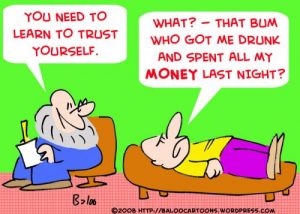 I wrote this article six years ago… and except for “current events” it is still accurate… My webhost hasn’t kicked me out… yet… lol.
I wrote this article six years ago… and except for “current events” it is still accurate… My webhost hasn’t kicked me out… yet… lol.
This word, trust, has been coming up too frequently, in conversations with my students. I consider that coming up guidance, so let me start exploring trust: what it is, what it isn’t, and how to deal with lack of trust, or the different forms of distrust… and also where it comes from.
I had a great opportunity to observe myself today. My webhost shut down my site for a reason of their own. A year ago that was a daily occurrence, but this was a first since.
First I sent them an email asking them to restore the site. Waited 20 minutes, then got on instant chat. I was seething inside, and was formulating defiant answers to their “inevitable” demands, their “despotic” control, and I formulated threats in my mind.
I was watching this drama unfold in my mind, with great curiosity. I didn’t get involved, I was watching from the “Observer” position. I asked the angry mind to just hang in there, and see what will happen. Wait and see…
The issue resolved itself, at least temporarily, without me saying anything, good or bad.
So, you ask, how is this relevant in a “trust” article. I’ll tell you: the way we have trust is an incorrect use of the word: we have no idea what trust is, because it hasn’t been distinguished, and the media, parents, school, society is using it for everything and their opposite.
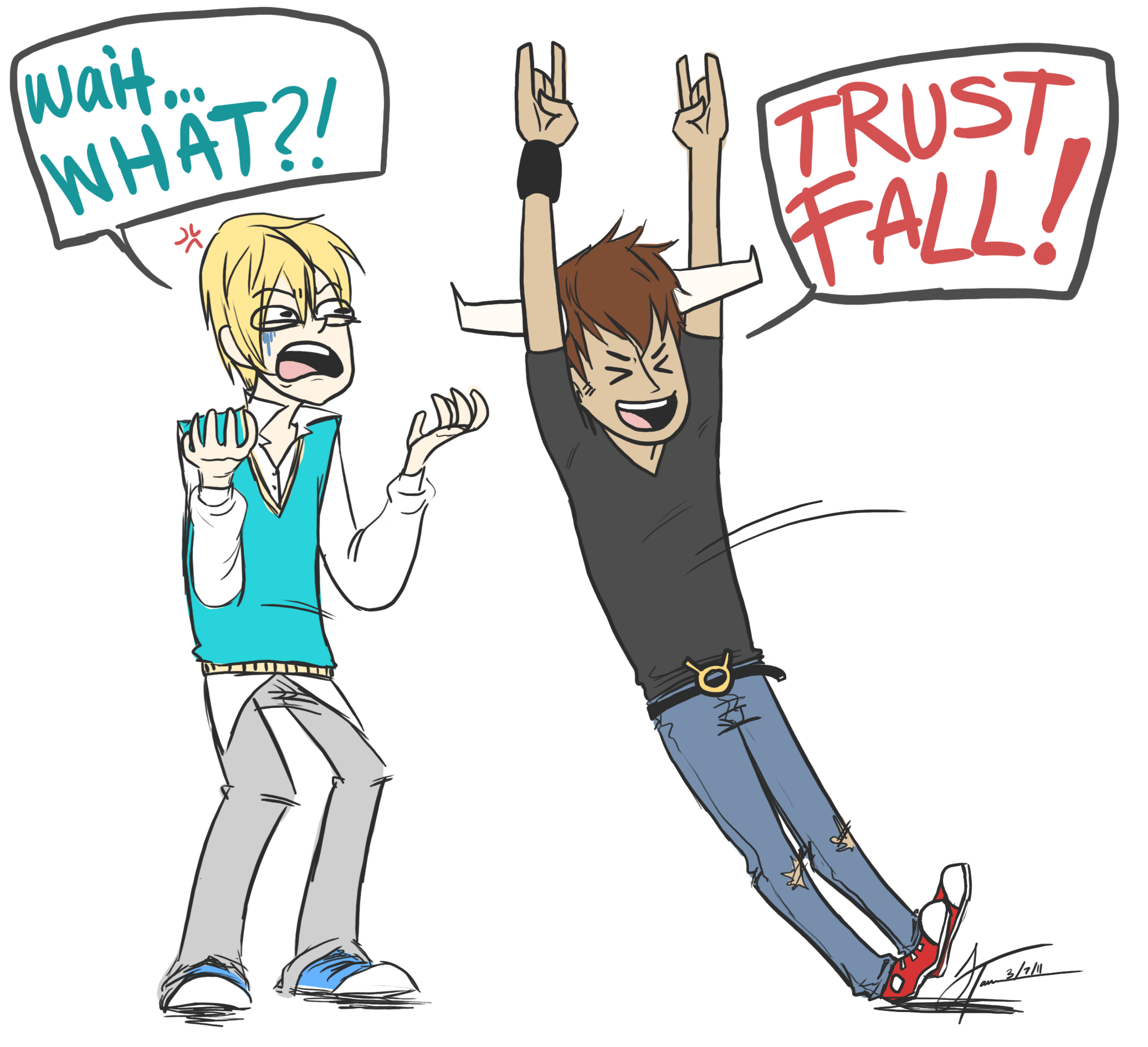 In the above story I was standing in a personal belief that confrontation is inevitable, that violence, abuse, ending up defeated, powerless, devastated, and beaten to a pulp is not only a probability: in my PERSONAL REALITY it was certain. No evidence to the contrary has been, can be ever proof to my prejudiced mind: fate is just delayed, or this was just an exception, a fluke, an accident, a flaw in the “system.”
In the above story I was standing in a personal belief that confrontation is inevitable, that violence, abuse, ending up defeated, powerless, devastated, and beaten to a pulp is not only a probability: in my PERSONAL REALITY it was certain. No evidence to the contrary has been, can be ever proof to my prejudiced mind: fate is just delayed, or this was just an exception, a fluke, an accident, a flaw in the “system.”
Obviously you should not call that “trust” because it wasn’t.
Trust is not a belief
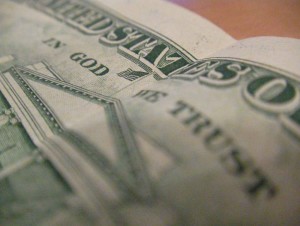 So what IS trust if it is not belief? Is the writing on the American money, “In God We Trust” a correct use of the word “trust?”
So what IS trust if it is not belief? Is the writing on the American money, “In God We Trust” a correct use of the word “trust?”
I assert that it isn’t. God is a belief, something that cannot be proven and cannot be disproven. If you believe that there is god, then no amount of proof to the contrary will convince you: you’ll be like me about violence: you are certain, in spite of overwhelming proof that you are right. Doubt is the shadow side of belief, and doubt and belief always come in pairs. Doubt is never associated with trust.
So, if trust is not the same as belief, then what is it?
I am no expert… but let’s consider that trust is a CONDITIONAL offering in an agreement.
When you do a business transaction, you do it on the basis of trust. You hand over your money, and expect that what you paid for will be delivered, in good condition. If it isn’t, you have means to get your money back: annul the deal, and you are good to go. You have an agreement that includes what the procedure is: if the product you bought is disappointing, or isn’t delivered you get your money back, or you can exchange it to something else. Or the agreement, in my own business is: you can only cancel something and get your money back, if you could not have used the product at all.
If there is no agreement, then trust is misplaced: there is only belief.
Most of your relationships are based on beliefs and not agreements: your relationship with your children or your parents, your significant other… no agreement, just blind belief that the other person will give you what you think they should… except that they never promised, never agreed, and they probably won’t deliver. Result: you live in permanent disappointment.
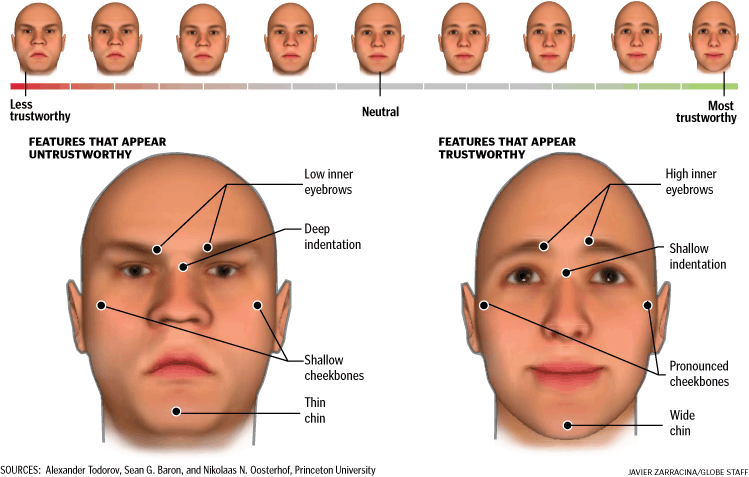 You feel betrayed, slighted, taken to the cleaners, you feel used, you feel that you are not taken care of, not appreciated, blah blah blah.
You feel betrayed, slighted, taken to the cleaners, you feel used, you feel that you are not taken care of, not appreciated, blah blah blah.
You never consider that the fault lies with you: you went into a relationship without an agreement… assuming what they were going to do. Same as with “god”… “god” is good, blah blah blah… Same in business… Same with doctors… a horrible life ensues.
Another way to define trust is “calculated risk.” And also “managed risk.” Both are open-eye phenomena.
You put wood in the fireplace on the basis of trust that the fireplace will give you heat once you light the fire. If the fireplace doesn’t, no ventilation, no oxygen, etc. You won’t give it any more wood. You find another way to make heat… calculated risk and managed risk… you only lost a few logs of wood.
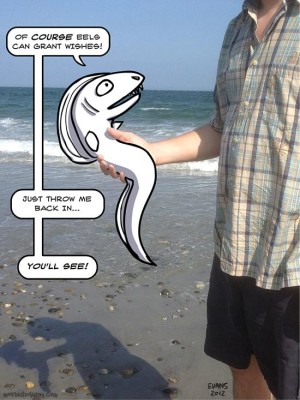 Trust, thus, is an advance of sort.
Trust, thus, is an advance of sort.
- You keep your eyes open,
- you check if what you two agreed will go as agreed or not.
- You start small,
- you don’t bet your home on a risky proposition.
- You don’t fall for shiny objects.
- You don’t fall for push-button riches.
- You don’t fall for promises that can’t be kept.
- You don’t behave like a hypnotized child.
Trust is an “open eye” transaction. Belief is a “closed eye” transaction.
- Trust is not available to you if you are not awake,
- if you are not aware,
- if you are unable to get outside of your greed,
- outside of your wish,
- outside of your fantasies,
- outside of your prejudiced mind.
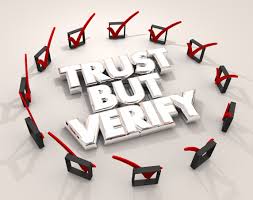 Trust is a senior capacity: your vibration needs to be at least 280 to be able to have real trust, to trust fully… and do due diligence.
Trust is a senior capacity: your vibration needs to be at least 280 to be able to have real trust, to trust fully… and do due diligence.
Trust but verify
Under that vibrational level you’ll have beliefs.
- Blind beliefs.
- And bitter disappointments.
- The guy won’t marry you.
- The shiny object won’t make you rich.
- The webinar won’t raise your vibration to love or above…
Can you hear how ridiculous belief is?
Most car accidents are caused by people with beliefs. They believe that they are safe… they don’t look, they don’t learn to drive, they are over-cautious, they are a risk to safety.
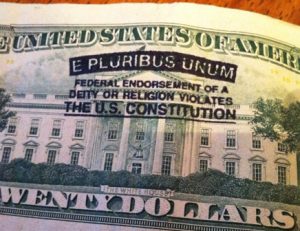 Trust is much like love: love is something you give. Love is energy, an overflowing of your well-being, an overflowing of your fullness, that is only available above 500 vibration.
Trust is much like love: love is something you give. Love is energy, an overflowing of your well-being, an overflowing of your fullness, that is only available above 500 vibration.
I myself have had a “blind belief.” A blind belief in torture, injustice, and being beaten to a pulp. Of getting kicked out, yelled at, and how horrible it is going to be. So as I am writing it, I am already crying.
No reason other than saying those words. Fear is there.
When I am not able to dissociate my Self from it, I am miserable. I have invented a persona to avoid it at all cost: eager beaver… And nowadays I get yelled at for that… “no matter what I do”… Right?
Today I have a much stronger capacity to trust. Meaning: I keep my eyes open, and I test, test, test… except when it comes to situations where I can be abused, mistreated, robbed, betrayed, cheated, stiffed… Then the “belief machine” kicks in, and unless I can retreat to the Witness/Observer position, the situation gets the best of me.
My student said: “You, Sophie, trust that you connect, that your muscle-tests are accurate, that your energies work, that the activators work.” True: I check them and check them, and check them. As long as the tests are consistent, I am golden. But I won’t stop testing. Because I trust… don’t believe.
In this work where I labor diligently to raise your vibration, results is where you find the proof. If your results are not happening, you are not connecting, not doing the right thing, misunderstanding something, or lying…
Your job is to keep your eyes open, and correct and correct and correct. But don’t believe… belief is for children.
You may want to look: do you have a trust issue or do you have a belief issue?
In the upcoming Inner Authority Course I will teach you how to tell apart a triggered emotion and an inner guidance: a feeling.
And even though you may know this in theory, in practice, really be able to tell apart, and then test test and test again, that the feeling means what you say it means… only the course will teach you. A highly practical course…
 Go to sign up…
Go to sign up…Read the original article: Trust or belief? Can you tell?